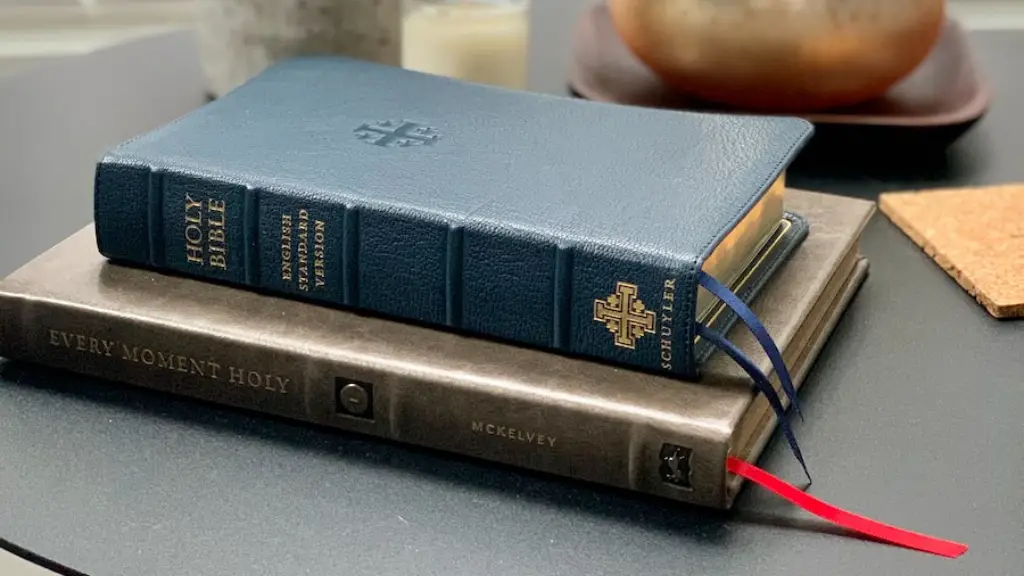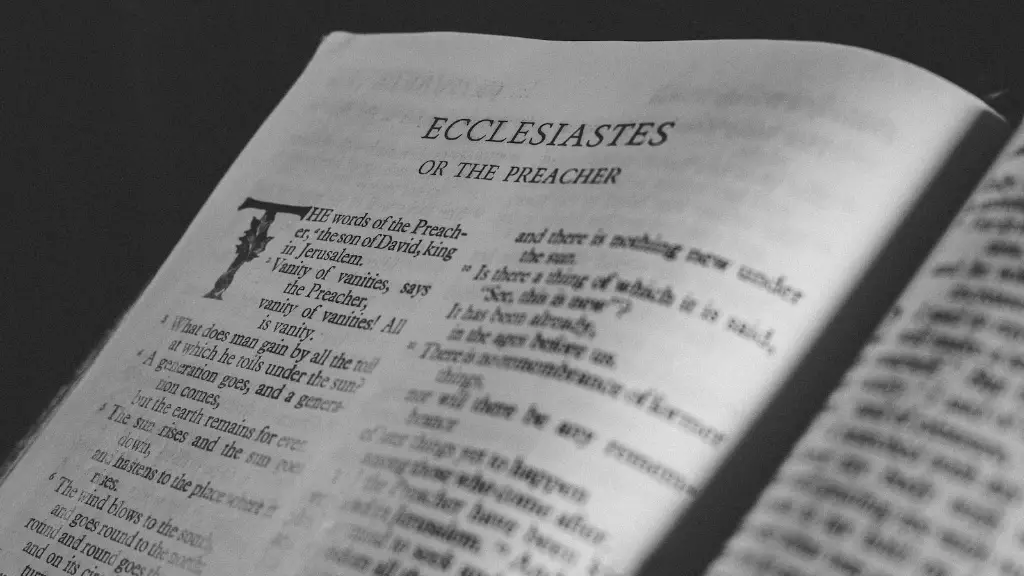The Bible is full of instructions and guidance on how to pray. The Bible is clear on the importance of prayer for believers and includes specific instructions for how to go about praying. In this article, we’ll look at some key guidelines and strategies for prayerful bible study.
Stay in Sync with the Bible’s Own Story
When we dig deep into different parts of the Bible, we often come across stories and themes which illuminate our understanding of prayer. It can be helpful to keep the entire bible in mind while we read, to remind ourselves of the purpose of prayer and how it plays out in the lives of biblical characters. As we read different stories throughout Scripture, we can focus on how those characters interacted with God and how God responded to their prayers. This can be a powerful way to personalise our devotional reading and keep it focused on prayer.
Start With Thanksgiving
When we focus on prayer, it’s important to start with gratefulness. Gratitude is to prayer what the foundation is to a house: it’s the indispensable foundation of any construction. Recipes for prayer almost always start with thanksgiving. When we begin with gratitude, we remind ourselves that the Lord is the source of all our blessings. Whenever we pray, we benefit when we start by saying “Thank You” to the Lord.
Read With Patience
When we read Scripture, prayerfully, we need to select a passage that we can carefully study. We can never read an entire book at once, so we have to select a passage that we can carefully read and reflect on. As we take time to read, we need to go slowly, using tools like prayerful Note-taking to mark key passages and observations, stumbling upon gems of truths as we go.
Prayerful Reflection
By employing the tools of prayerful Note-taking and Reflection, we can actively engage with Scripture. As we take time to read, narrow our focus, and actively reflect on what we’ve read, we can identify key applications of Scripture that can be made to our lives and pray accordingly. Reflection can provide a powerful occasion for prayer.
Engage in Conversation
True prayer is not simply about asking for things, it’s about engaging in conversation. Prayerful Bible Study can be a time of both petition and conversation. When we have questions about what we’ve read, we should take a few moments to ask them. We can ask hard questions and ignore the temptation to rush past difficult passages or verses. Instead, we can mull them over in prayer and ask God for guidance in understanding them.
Listen for God’s Voice
True prayer is not a monologue, it’s a dialogue. As we read and pray Scripture, it helps to recognize that, in addition to us speaking to Him, He is also speaking to us through the Word. As we read and reflect on Scripture, God may challenge us and point out areas where change is needed in our lives. We should be open and receptive to hearing Him in prayerful Bible study.
Prayerful Meditation
Prayerful meditation also forms an integral part of prayerful bible study. Instead of skimming through Scripture and hoping for understanding, we should take time for prayerful meditation. This is where we take a single passage or verse, then reflect deeply on it and ask God to guide us in understanding its application to our lives. It’s important to be patient and pray for God to open our understanding and to lead us to personal transformation.
Pursue Holiness
As we prayerfully engage with Scripture, it’s also important to remember that holiness is our ultimate goal. Prayerful Bible Study should become an occasion for us to identify our weaknesses and draw on God’s strength to pursue holiness. We should come away from our prayerful reading convicted not only of what God desires for us to do, but also of the power to actually do it.
Pray With Expectation
Finally, it’s important to remember that prayer should be a time where we come before God expecting to meet Him and be changed by Him. As we read and reflect on Scripture, we should come away with a conviction for the power of God to meet us in prayer and to transform us through the teaching of His Word. We should pray with faith and expectation, knowing that God is listening and understands our needs. This kind of prayerful approach to Bible study has the potential to take us to levels of faith and experience we never thought possible.
Get Specific With Your Prayers
We should also be specific in our prayers. Instead of praying in general terms, we should be clear and precise with what we want God to do in our lives. We should pray for specific guidance and direction with regards to the kind of attitudes and actions that God desires us to take. We should take appropriate time for prayer and actively seek after God in our daily prayer life.
Be Active With Prayers
The Bible encourages us to be active in our prayers. We should actively invite God into our lives each and every day. Not only should we pray, but Scripture also encourages us to take action. We should take our prayers and use them to inform the kind of attitudes and behavior that God desires us to have. We should strive to follow the example of Jesus, who often prayed and then acted, and thereby demonstrated his faith.
Follow Biblical Principles
Finally, when engaging in prayerful bible study, we should strive to be obedient to the principles set out in Scripture. We should strive to be obedient to the commandments of God and strive to live lives that reflect His Character. We should never use prayer as an occasion to ignore the teachings of Scripture but instead to actively obey them. In this way, we can rejoice in the abundant blessings of God and experience the peace of knowing that He is with us.



